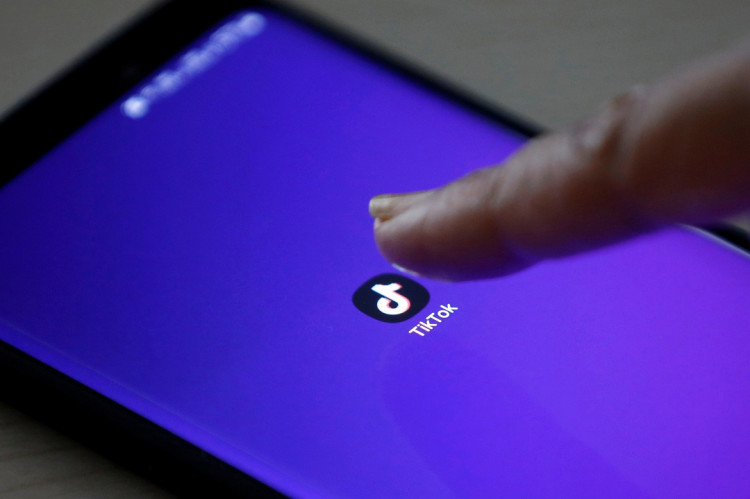Despite paying a staggering $5.7 million to the Federal Trade Commission to settle a claim against it, Chinese tech firm ByteDance reportedly still hit its revenue target for the first half of the year.
According to reports citing sources familiar with the matter the TikTok app owner was apparently still able to hit revenues of between $7 billion to $8.4 billion for the first half of 2019.
ByteDance, considered to be one of the world's most valuable tech startup, managed to post a profit in June and is apparently confident that it will continue to increase its revenues for the second half of the year.
The increase in its revenue growth even resulted in a revision of the company's forecast for the entire year, increasing it from an earlier goal of $14 billion to 16.8 billion.
While the company had not officially published its earnings figures for 2018, some reports had pegged it to be somewhere around $7.2 billion. If the company does manage to hit its target for 2019, it would represent revenues of almost double that of the previous year.
Last year, the relatively new company was valued at over $78 billion. The company mainly gained its popularity with the release of the popular short video streaming platform TikTok, which is known locally as Douyin.
The company also owns several online platforms, most notably the Chinese news aggregator website Jinri Toutiao.
According to company insiders, the firm mostly generates its revenues from Chinese users. Some of its websites and apps are actively earning money, but ByteDance has yet to fully monetize its most popular apps such as TikTok.
In China, ByteDance is considered to be a major threat to already established tech firms such as social media giant Tencent Holdings and search engine operator Baidu. ByteDance's various apps currently have an estimated user base of around 1.5 billion monthly active users, or around 700 million daily active users.
ByteDance is also still continually expanding, adding new apps and new features to existing ones. The company recently launched its own search engine within its Jinri Toutiao platform, essentially making it a direct competitor to Baidu. The firm also recently acquired Baike.com, a Chinese website that is similar in function to Wikipedia.
Apart from its rapid expansion in mainland China, the company also announced plans to further expand overseas. Some of its plans include the launch of a new paid music-streaming app and a work tool app called Lark.





